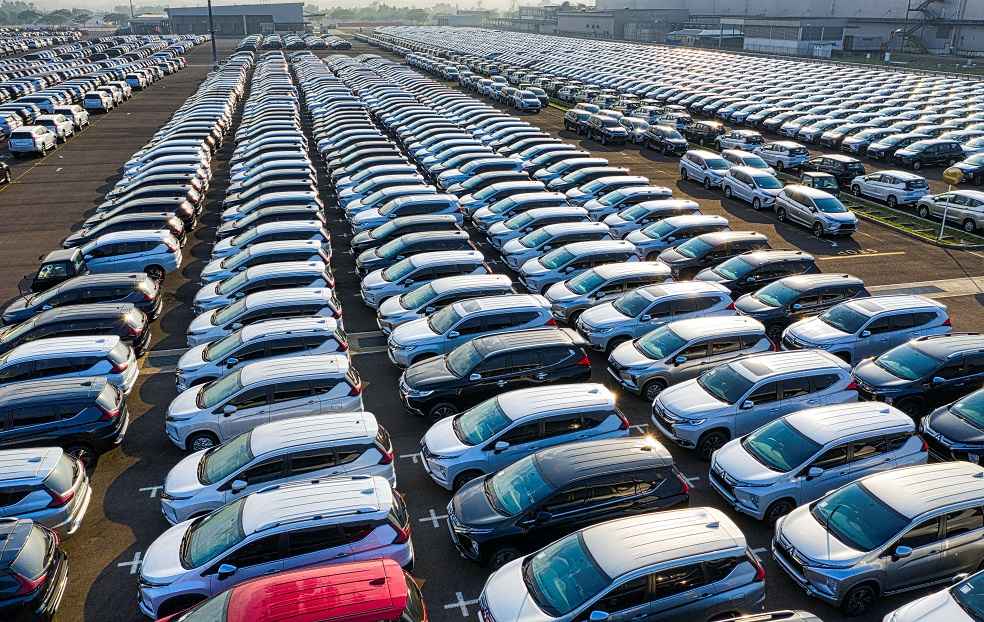China has claimed the title as the world’s largest exporter of cars, surpassing Japan in the first quarter of this year, an unprecedented achievement that marks a new chapter in the global automobile industry.
According to the latest official statistics, China exported 1.07 million vehicles within the first three months of 2023, a robust increase of 58% from the corresponding period in 2022. In comparison, Japan’s vehicle exports clocked in at 954,185, up a modest 6% from a year earlier.
This surge in Chinese auto exports can be attributed to a rising global demand for electric vehicles and a marked increase in sales to Russia. Just last year, China outpaced Germany to clinch the spot as the world’s second-largest car exporter. Chinese export data recorded a total of 3.2 million vehicles in 2022, outperforming Germany’s 2.6 million vehicle exports.

A pivotal factor in this paradigm shift has been the global transition from fossil fuels to cleaner energy sources, which has propelled the growth of China’s burgeoning motor industry. A testament to this is the remarkable growth in the export of new energy vehicles (NEVs), encompassing electric cars, which shot up by over 90% in comparison to the first quarter of 2022.
Leading the charge in China’s NEV exports are automotive heavyweights such as Tesla’s China branch, SAIC – the owner of the MG brand, and BYD, supported by renowned US investor Warren Buffett. Tesla, in particular, operates a sizable manufacturing plant in Shanghai. The ‘Gigafactory’, as it’s referred to, is capable of manufacturing 1.25 million vehicles per year. There are plans on the horizon to ramp up this production capacity. In fact, last month, the manufacturing giant began the production of its Model Y sport utility vehicles intended for export to Canada.

China’s foray into the Russian market has also contributed significantly to its export figures. The country has experienced a substantial surge in exports to Russia in the aftermath of the Ukraine conflict, which led to Western nations imposing trade sanctions on Moscow. This created a vacuum that Chinese carmakers were quick to fill. Giants of the industry, including Geely, Chery, and Great Wall, saw their market shares in Russia ascend dramatically, following the departure of rivals such as Volkswagen and Toyota in response to the Ukraine invasion.
This rapid advancement in China’s auto export industry is a testament to the nation’s adaptability and economic resilience. As the global auto industry continues to shift towards cleaner energy sources and navigate geopolitical complexities, China’s ascendancy marks a pivotal turning point, leaving a significant footprint on the global economic landscape.






